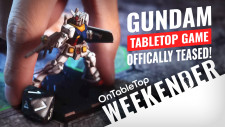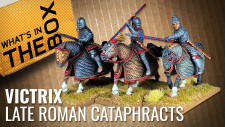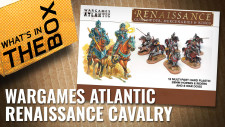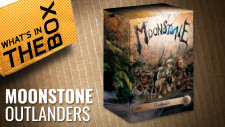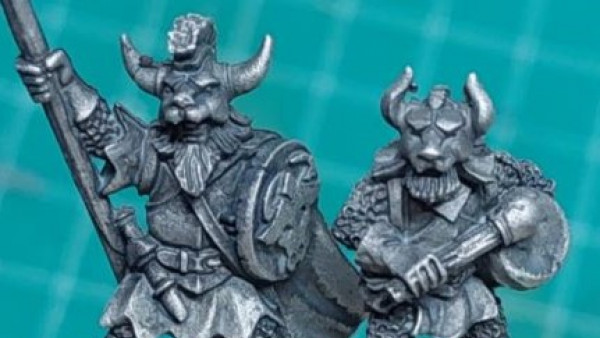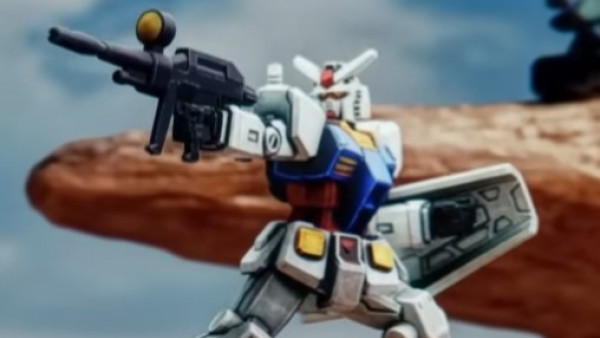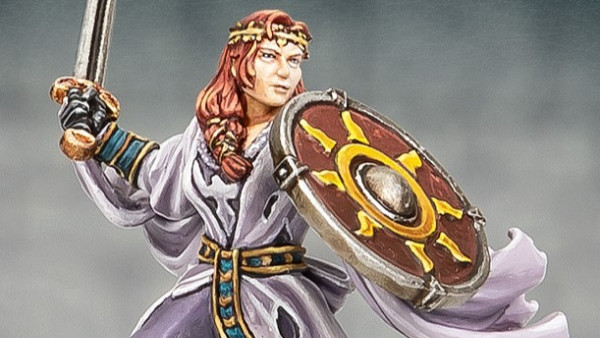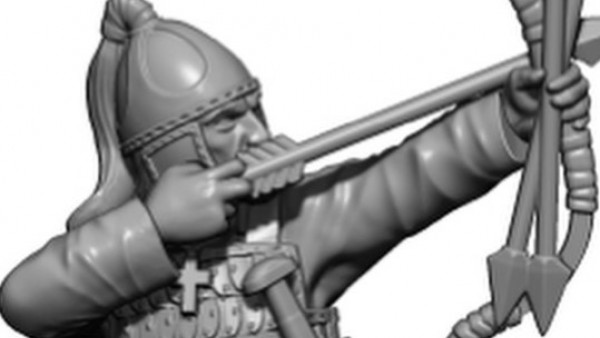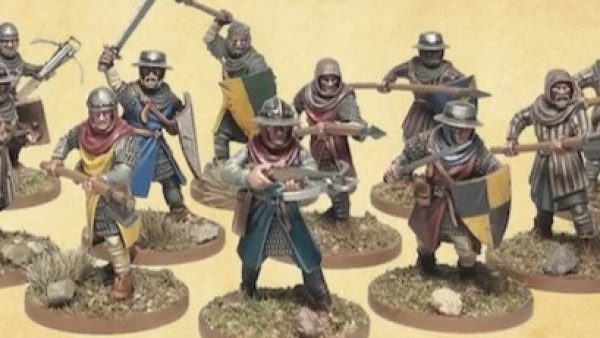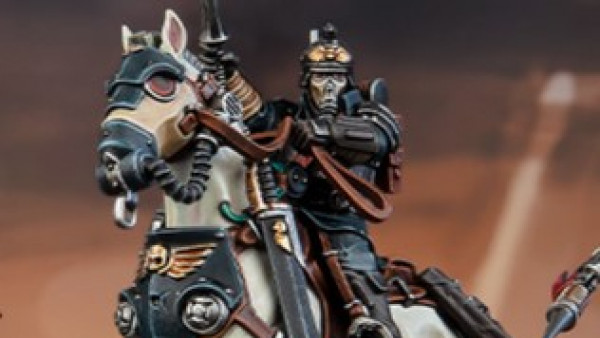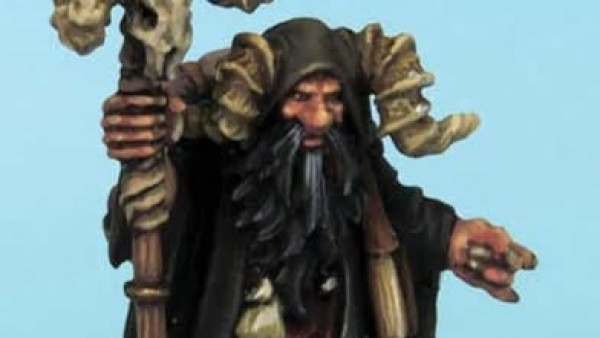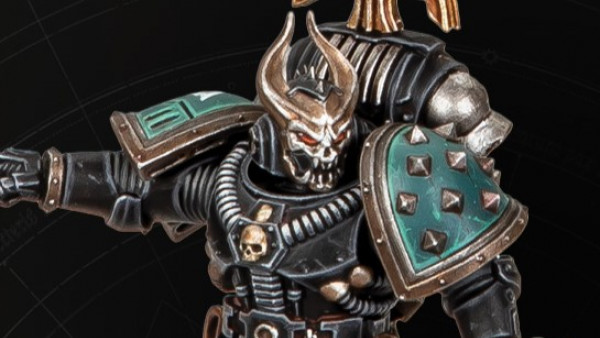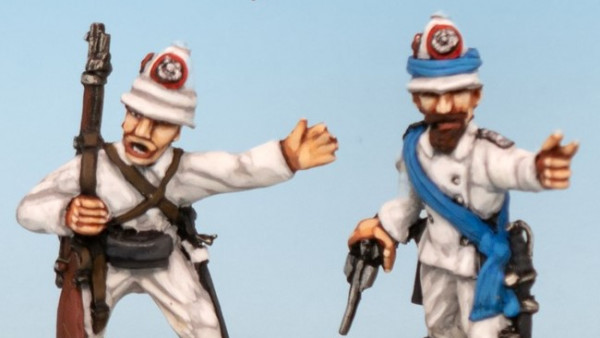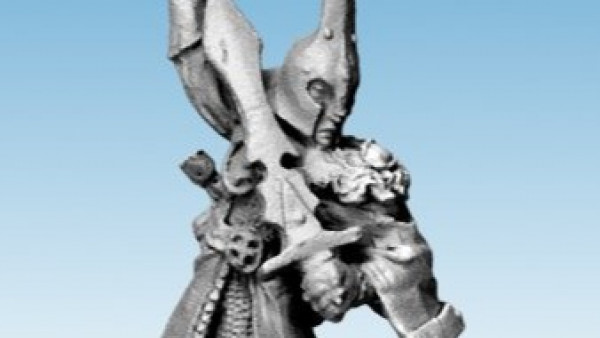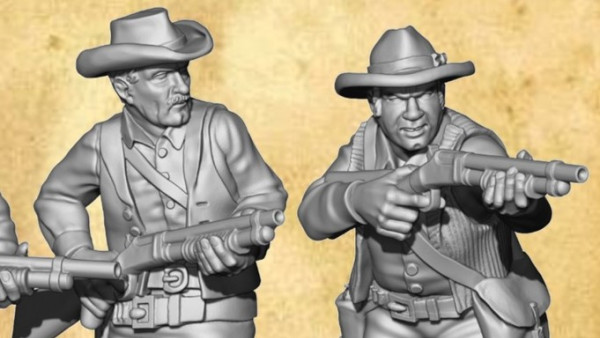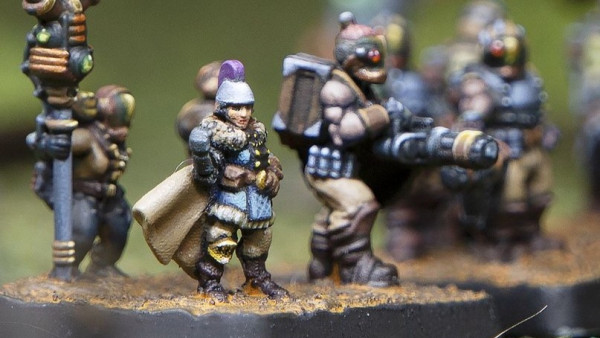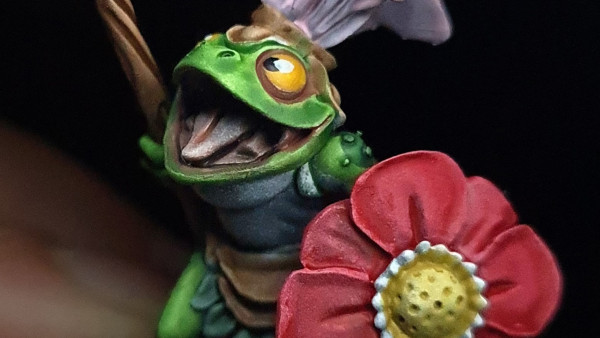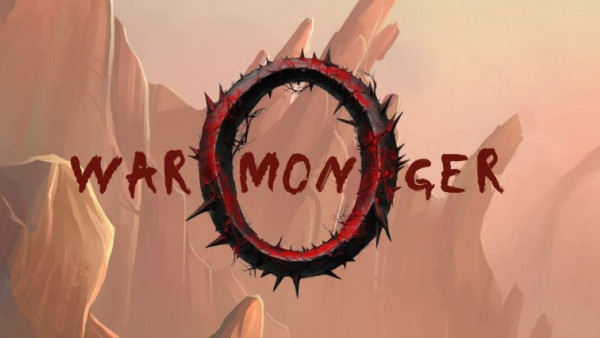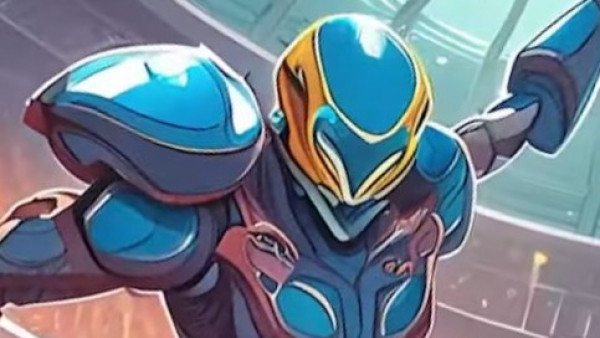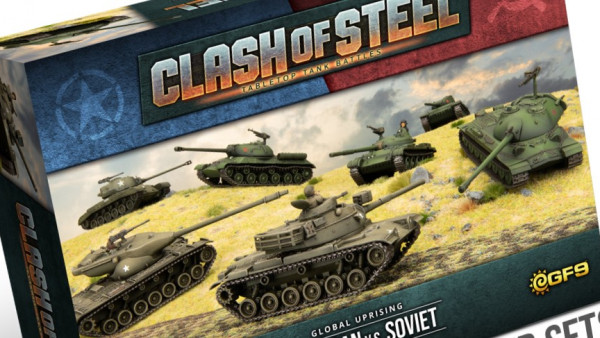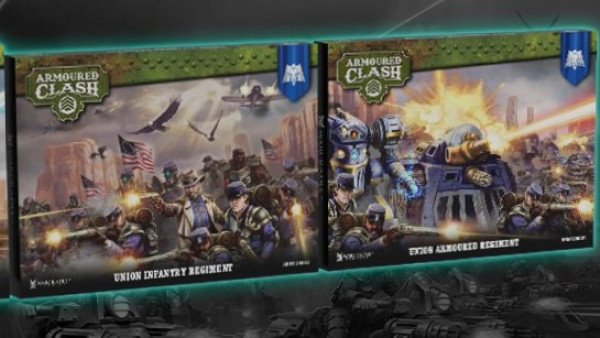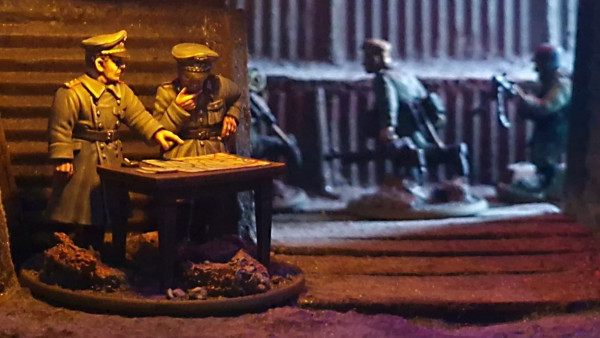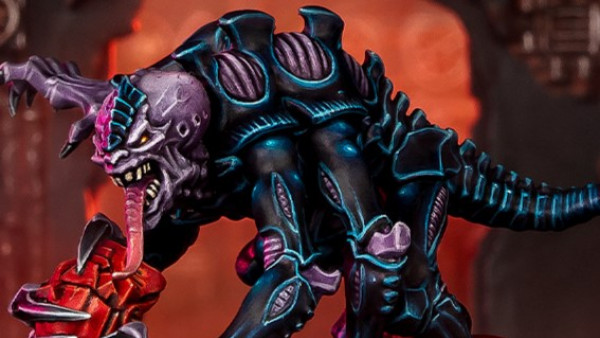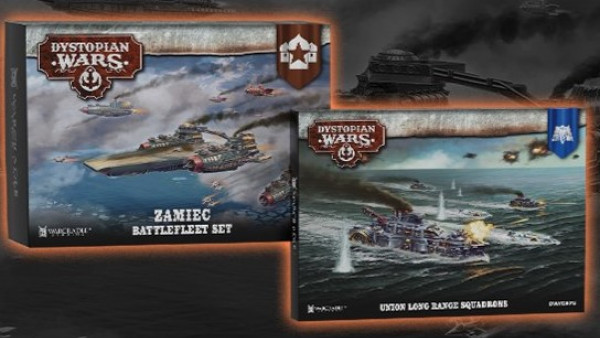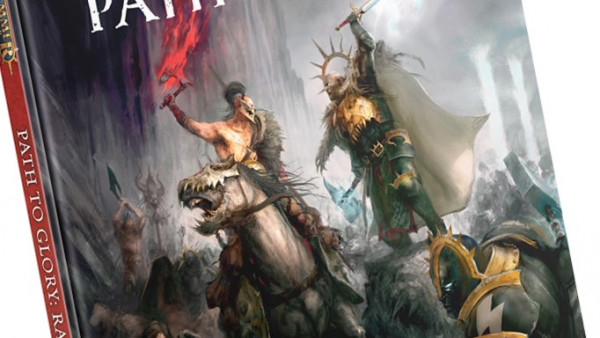Home › Forums › Historical Tabletop Game Discussions › The issue of the "elite" army (and finding opponents)….
This topic contains 17 replies, has 14 voices, and was last updated by ![]() mecha82 5 years, 11 months ago.
mecha82 5 years, 11 months ago.
-
AuthorPosts
-
February 15, 2019 at 7:45 pm #1349556
Was musing about this the other day with our gaming club.
I think I’ve met more historical WW2 gamers with an SS army than I have with a standard Heer forces, Three with IDF armies, but no one with an Arab army to face them, and more Roman armies than you can shake a stick at.
The problem with these armies is “historically” they usually face armies that rely on numbers to overwhelm the opponent, but sadly things like a T-62 model cost the same as a Merkava. So for the gamer looking at getting these “cannon fodder” armies they are usually put off by the larger “buy in” to build an army.
Should manufacturers offer models for these “horde” armies cheaper, and offset this by charging a premium for models in an “elite” army?
Not sure on this one, but for “historicals” the current system isn’t working. Perhaps part of this is due to the gamer going for the Elite units by preference (I’ve a friend with almost every British unit for the AWI (including the guard units), but owns no loyalist units (who have similar stats to the Continental forces)) to a point where they rarely find an opponent to play against.
Should wargaming press/books look to start featuring historical refights for these eras that suffer from these issues where the elite units do not appear in the ORBAT (there’s LOADS for the AWI period) rather than just featuring the more famous battles?
OR is it the fact that games are skewed by the rules themselves and these “elite” units fight better than they would have done historically caused by the advance of time and the viewpoint of “we” the armchair generals?
It does seem to be an issue these days, as many of my fellow gamers have these fine armies sat on a shelf rarely seeing the light of day for want of an opponent.
February 15, 2019 at 8:11 pm #1349570I find myself agreeing with you @phaidknott I have never played the Germans in a WW2 game not only on a personal morale but also I find them a bit boring. Much prefer French or Belgian or early British
Same with Romans ,at least 1/2nd century AD ones. Much prefer Parthians etc
For modern gaming 2nd line Eastern Bloc is the way to go
I think some gamers are always going to lean towards the Uber armies
February 15, 2019 at 9:29 pm #1349580Really interesting observation, thanks for raising this one. I wonder if painting time is also a factor that guides players towards a less numerous ‘elite’ force? Similarly, does the proportion of elite armies perhaps correlate with the increase in scale? Ie for 6mm/10mm are we more likely to see a higher proportion of ‘regular’ or ‘horde’ forces as price and storage become comparatively less of a barrier?
With a caveat that I am coming form a fantasy background I’ll say that my personal preference has always been for large armies of regular infantry rather than more compact and elite forces. While they may not win as many games, they do, I feel, look much better on the tabletop and do have something of a ‘shock and awe’ quality when fully deployed. So I guess it might also be influenced by how ‘competitive’ the player is. If the tricked out small elite force with access to the better equipment is going to win a greater proportion of the time then the more competitive players may be drawn to those forces, whereas players who just play for fun/crits and giggles are probably more likely to field whatever they enjoy.
Getting back to your original questions, I think that the producers of the miniatures will be focused on getting as much of their product into the hands of gamers as possible, which will generally mean selling those minis to wholesalers/retailers or through their own independent distribution channels as cheaply as possible. Consequently I don’t know that they would have capacity to carve out any more of their costs to make the ‘horde’ army a more appealing price point acquisition, save perhaps combining slightly more minis in the equivalent packaging to try and claw back some packaging/shipping storage costs (Ie selling Panzer IV’s in a box of 3 and T34’s in the same size box but with 5 tanks with a moderately higher price that equates to a slightly cheaper price per tank or something similar). The idea of charging a premium for elite units could be worth considering, but the issue with historicals is, given the absence of IP patents, and (quality of sculpts/posing aside) the homothetic nature of the miniatures, an increase in costs for an elite unit may simply cause gamers to switch to an alternate (cheaper) manufacturer for that particular unit type – to work it would need to be a coordinated push by all producers, sort of like OPEC but with lead figures I guess… 🙂
I personally find asymmetric games, narrative battles and historical recreations much more entertaining that head to head pitched battles, so I’m with you on the idea of trying to encourage more of these through promotion in wargaming media.
Fielding guards or elite units in a one off game is a less threatening proposition for a player when they know that the game is a one-off. If playing a campaign serie s of games they may be less likely to commit elite forces and risk losing them for the rest of the campaign. I know campaign games aren’t always an option but it’s worth considering.
Finally, for ‘points buy’ games, if the elites are too attractive a proposition when collating an army list, maybe it’s simply a matter of having the game designers revisit the resource point allocations of each list and rebalancing the cost in favour of more ‘regular’ units?
Ahem, sorry for the block of text…
February 15, 2019 at 9:32 pm #1349583Similarly, does the proportion of elite armies perhaps correlate with the increase in scale? Ie for 6mm/10mm are we more likely to see a higher proportion of ‘regular’ or ‘horde’ forces as price and storage become comparatively less of a barrier?
Interesting point and one I hadn’t considered
February 15, 2019 at 9:51 pm #1349588I’m sure cost has to play a part in this but the other factors probably outweigh it.
I play semi-elite German for my WW2 not for cost but painting time and it’s less to carry around, I don’t play the top elite as they don’t play as well. But I come across plenty of horde armies (my son has Soviets). So rarely elite vs elite.
When I played 40K I had Orcs so happy on horde items there. But I did choose them for the comical factor mainly. But yes did see a number of elite armies (rules did favour them). The Hobbit is orcs, goblins and Harad (got to love elephants).
Medieval is Norman, Napoleonics is a lot of highland infantry, Ancients was a real mix (with elephants) and so. All chosen not for cost but preference in play style, cool looking models.
As I said before I’m sure cost does play a role but no many people buy an army overnight (if they do they have heaps of money anyhow) and done over months is probably less cost than the pub or even coffee shops. It may be mainly the rule sets used preference elites.
February 15, 2019 at 10:06 pm #1349614When I played 40K I had Orcs so happy on horde items there. But I did choose them for the comical factor mainly. But yes did see a number of elite armies (rules did favour them). The Hobbit is orcs, goblins and Harad (got to love elephants).
And on the subject of “who is going to paint all those minis”: an Orc Horde can be painted really shabby (at least the mass troops) because the sheer unit size will hide any imperfections. But I reckon that historical gamers won’t take kindly to a “slapped on paintjob” 😉 (But this is sheer gut feeling and I have no evidence to back that up)
February 15, 2019 at 10:27 pm #1349620Time/money definitely is a factor, but only in systems where you need to field your entire army.
Rules are another reason, because getting the feel of a ‘horde’ requires a system that allows for an army to have an x amount of reinforcements. Age of Sigmar already has a few armies with such limited features (Gloomspite Gitz get to respawn certain some of their core infantry). IIRC the ‘Force on Force’ rules also had rules specificly designed to allow asymetric warfare.
Without such rules the horde style armeis rarely have a meta-game reason to be used.These ‘elite’ units also tend to be the rockstars of their era/faction.
It’s like the Tiger tank … it simply is more famous and it makes more of an impression than something like the Overvalwagen or the Landsverk. One needs to be invested in a historical period to even have heard of the other options.And like any business the wargame manufacturers make whatever is most popular within any given era/faction.
Then there’s there problem that the manufacturing costs of ‘cheap’ units are the same as the expensive/popular ones.
You don’t have the production/resource problems that stopped Germany from producing thousands of Tigers. The only real choice is popularity of any given unit … and that tends to be based on fame/infamy of a certain unit.
As a result the cost is determined by the amount of people willing to buy such units … which can result in elite units being cheaper (or at least easier to source), because the production cost can be spread and more manufacturers are willing to produce them.February 15, 2019 at 11:05 pm #1349644Price is definitely a massive part of people not doing horde armies along with all the extra painting time and transportation issues.
I enjoy games like Sharp Practice and Muskets and Tomahawks because they force you to take Regular Troops. Granted you could take an army of elites but you’ll be beaten very easily in almost every game.
Any free choice game is going to see a lot of uber armies because they work. Scenario’s defeat Uber Lists and if more people played a wider variety of scenarios rather than Kill Points I think we’d see a lot more variety in lists.
Uber armies are generally easier to learn, Space Marines are a lot easier to learn than Dark Eldar.
I personally recommend people build both sides for any game they play so long as it’s within reason. You’re much less likely to build an elite army when you know about half the time it’s in the hands of an opponent.
February 15, 2019 at 11:26 pm #1349651I think some of the time it’s also due to the “starter sets”, take for example the one for Bolt Action (It came out with US Airborne as a “beginner” army). Most Ancient sets come out with a Roman Army by default.
So from the very start gamers are streamlined into purchasing/collecting these elite armies.
Perhaps if Warlord had done either British or US infantry vs Heer as a starter box set it would allow gamers to start with the basics. Including the US paras as a beginner force means the Axis player buys SS forces to match them, but if both side had been “basic infantry” then perhaps the players would be inspired to build up these basic armies (which also gives them more options in building their armies)
Battlefront brought out the IDF box set, but to match it in points the player building the Arab forces has to buy 2 boxes (perhaps if the IDF box contained some Centurians or Super Shermans as a more “basic” option?)
I don’t think there’s an easy fix here, it’s been a problem since the year dot. However if manufacturers started to do starter sets with “basic” troop types, and if the books and scenarios started to feature the more common/frequent style of engagements (how many rule systems feature Wittman and the Battle of Villers-Bocage as a scenario?). If AWI campaigns featured the later years where some of the battles didn’t have a redcoat in sight?
The worse one for me was a mate bought all the Macedonians needed for the Battle of Gaugamela (about 470 15mm figures with the rule system he was using), did an amazing job painting them up. However you need about 1,200 to 1,500 Persians to face that lot (and no-one can afford the money and time to paint that lot up), so his army has never seen a battle other than fictional battles vs later imperial Romans (bah, ugh…..).
So perhaps the way forwards might be to game in 6mm, this helps remove to cost aspect. But at the end of the day the person/opponent needed to face these elite armies needs to spend 2 to3 times the amount AND invest all that time painting all the miniatures.
So perhaps the way forwards to keep your armies off the display shelf and on the table is to instead look to other conflicts. Instead of buying IDF forces, how about buying the miniatures needed for the Iran-Iraq war (they’re pretty much using similar kit)? Gauls vs Germanic tribes or Greek City states (although probably everyone would run out to buy Spartans 😀 )
February 16, 2019 at 12:18 am #1349662Maybe look for rules that offer more historical armies?
I don’t know anyone with a Waffen SS force, except me… and mine is SS Police Regiment Bosen. But then SS in the rules we use ain’t really much different… they don’t get special rules for being supermen, cos they weren’t.
The point is, if it’s not working in one chosen system, it might not be all of historical gaming… just one set if rules that offer something that may play loose with historiography in order to provide stereotyped differences to provide lots of different ‘factions’. So try different games… lots out there.
Maybe avoid ones that lean towards competitive style play over historical play…
February 16, 2019 at 12:45 am #1349664I think elite units are simply more appealing to the ‘average’ player, even without any game or price considerations factored in. Virtually every war / action film focusses on a small number of characters who are to some degree heroic. And for obvious reasons. It’s hard to identify with 200 characters, 140 of whom get killed during the movie.
Although as gamers we’re used to seeing asymetric battles (often balanced by points of scenario conditions), I’m sure most of us insinctively feel that the smaller army is the underdog. And we like to see underdogs do well and appreciate the heroism of David vs. Golliath.
In other words, I think that people just find it easier to identify with – and therefore have an interest in playing – elite armies. When you factor in cost, painting time, fame/infamy of elites, etc. it all adds up to bias in favour of elite armies. (Also, and this is only a guess, it may be that in the world of tournament games elite armies are easier to practice with, transport and keep under control than horde armies are. Fewer models = fewer distractions or things that can go wrong = more consistency = more victories?)
And then you have players like me who, over many years of trying to persuade friends and family members to play games with me and so having been used to letting my oponents play the elite armies that they’re interested in – I just love the hordes and the ‘baddies’. You need them to have a story, and I’m more interested in being able to tell a story than I am in sticking to one faction if it means I don’t get a game in!
February 16, 2019 at 7:56 am #1349693Starterboxes feature ‘elite’ armies, because of marketing. This is a business like any other.
Mention World War 2 and 9 times out of 10 people will mention Americans & Overlord (or at least that scene from Saving Private Ryan; ‘The longest day’ would be next). The 101st is also one of the first army ‘names’ the casual player learns (probably because of ‘Band of Brothers’).
The SS armies are next, because everyone has heard about ‘the great evil’
It’s the same reason why GW tends to use those blue space smurfs …
I’d argue that in order to get players to use the average grunt instead of the elite you need a good hook and better marketing.
Systems & scenarios that make such choices useful are next in that list.February 16, 2019 at 8:16 am #1349697Going with the WW2 example I have 3 armies – US Airborne, Panzergrenadier, and Soviet. They are all designed to be slightly different
– US is about 2/3 Airborne with some GI in back up
– German is fully mobile “reaction” force
– soviet is full bore human wave
now in respect to the choice of army’s for me it was a case of the first 2 came in the starter set and were cheap to expand and the second was a bonus box set so again cheap to expand.
what I do see a bit of is people picking armies that are either cool or quirky. Cool can be a Tiger in the German force because they were in films or US Airborne for the same reason.
February 16, 2019 at 12:47 pm #1349779I play German PanzerGrenadiers in Bolt Action, purely on the basis that everyone else I know plays allies of some form (Brits, US, Soviets), so my US Airborne rarely get an outing.
I don’t think you’ll see manufacturers drop prices for hordes as it’s not commercially viable for them, plus as @elessar2590 mentioned above, the extra hobby effort required (time/painting/storage) puts some people offFebruary 16, 2019 at 1:45 pm #1349780the problem is with the exception of GW and their price points based on troop value and rarity, the cost of production is the same for a tank or a troop.
It’s all well and good suggesting that companies put extra “horde” troops or vehicles in boxes at an equivalent price, but for many companies this is not economically viable. The alternative would be to deliberately overcharge, like GW, to force the people playing “elite” armies to pay more, and I think we all know how quickly they’d get ripped to shreds for that.
It solely comes down to the simple fact that if you want to play a force that fields more, then you have to pay for it.
-
AuthorPosts
You must be logged in to reply to this topic.































